Gin belongs to a class of spirits that is basically distilled from quality rye, and the liquor is infused with juniper berries, cardamom, root extracts, and spices which are locally procured by craft distilleries or big breweries... The flavoring agents that find space in this amazing bottle of crazy water are limitless, be they local or exotic, fresh or stored they power the spirit to deliver the highest order of recreation.
The product is well known as G & T a duo that has become world-famous. This combination of gin and tonic not only sweetens the mix but the quinine present accords a sweet bitter taste unique to this magic potion. This potent cocktail is served in all bars and restaurants in Europe...


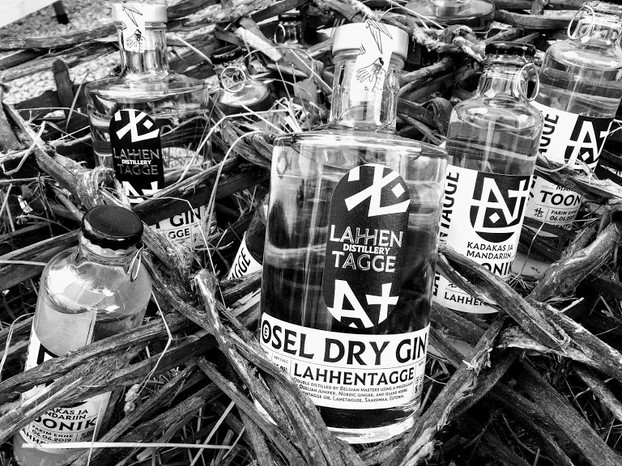
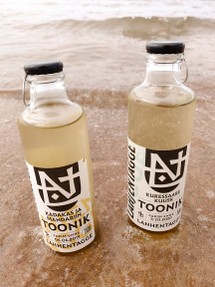 The Journey to Stardom
The Journey to Stardom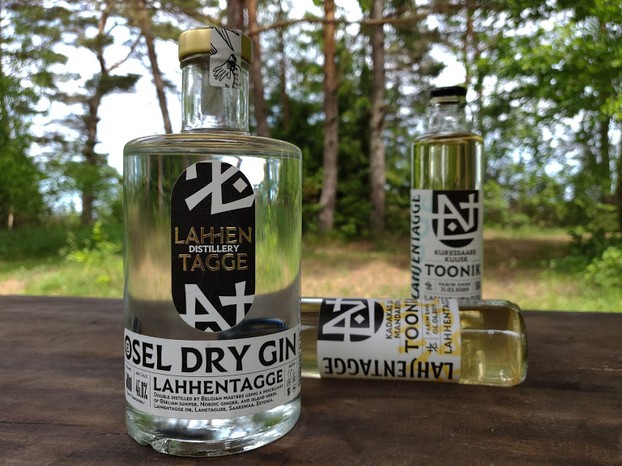
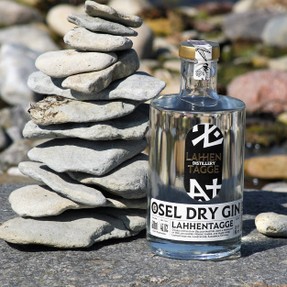 Though the base distillation is from rye the variation in flavoring agents or infusions brings about a required change in flavor and aroma. Following the market trends and in order to compete, product variation is key to survival in cutthroat competition. The younger generation prefers different types of beverages during celebrations, events, and parties. The older lot have a staid choice of standard G&T they have been consuming since adulthood.
Though the base distillation is from rye the variation in flavoring agents or infusions brings about a required change in flavor and aroma. Following the market trends and in order to compete, product variation is key to survival in cutthroat competition. The younger generation prefers different types of beverages during celebrations, events, and parties. The older lot have a staid choice of standard G&T they have been consuming since adulthood. 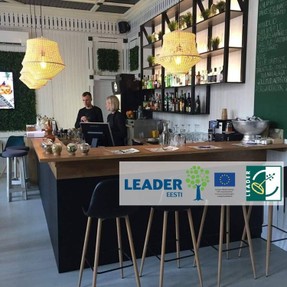 Usually, small craft distilleries are known for the fabulous spirits created by master blenders. They are sold locally, served in bars, and available online as well. These are also known as boutique distilleries the World over. The availability of small distillation and blending equipment has created a new paradigm in the World of consumable liquor. The first impact was seen in the case of craft beer which now proliferates globally and is available even in small towns and tourism destinations.
Usually, small craft distilleries are known for the fabulous spirits created by master blenders. They are sold locally, served in bars, and available online as well. These are also known as boutique distilleries the World over. The availability of small distillation and blending equipment has created a new paradigm in the World of consumable liquor. The first impact was seen in the case of craft beer which now proliferates globally and is available even in small towns and tourism destinations. 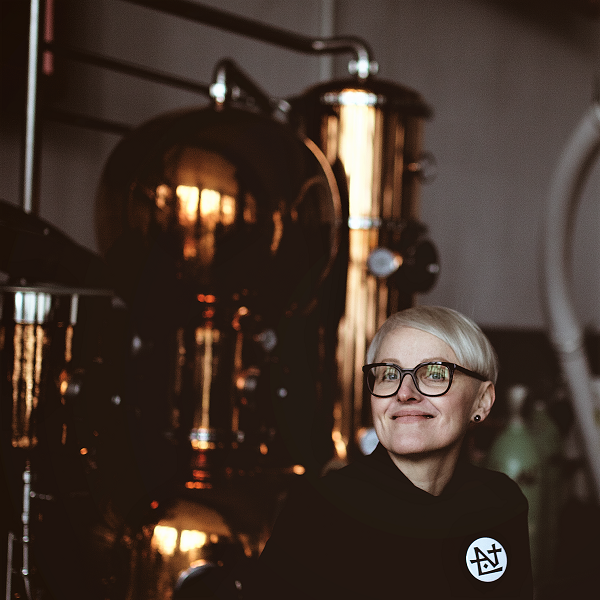
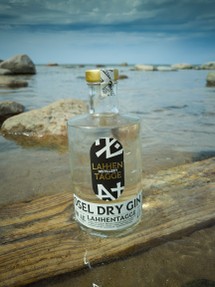 Estonian Gin or Osel Dry Gin was conceived and created by Lahhentagge Cofounder Maarit living in Lahhentagge Village on the Baltic Sea. It is a short distance from Saaremaa Village on the coastline of the Baltic Sea. The village is a UNESCO Heritage Site (Biosphere Reserve) and boasts of the cleanest air in the World.
Estonian Gin or Osel Dry Gin was conceived and created by Lahhentagge Cofounder Maarit living in Lahhentagge Village on the Baltic Sea. It is a short distance from Saaremaa Village on the coastline of the Baltic Sea. The village is a UNESCO Heritage Site (Biosphere Reserve) and boasts of the cleanest air in the World.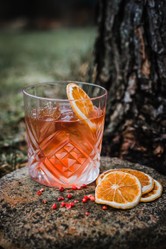

 Full Day Safari in Bandhavgarhon 08/29/2023
Full Day Safari in Bandhavgarhon 08/29/2023
 SEO Campaign: Website Overhaulon 02/13/2023
SEO Campaign: Website Overhaulon 02/13/2023
 Indian Food It Is Not All Curryon 02/08/2023
Indian Food It Is Not All Curryon 02/08/2023
 How Tiger Tourism is Organized in India?on 02/07/2023
How Tiger Tourism is Organized in India?on 02/07/2023
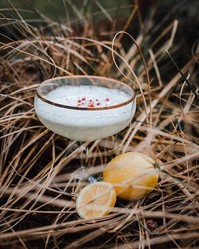
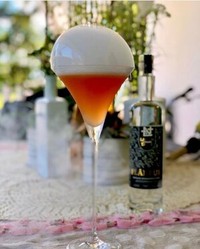
Comments
Welcome
pateluday, Thank you for the practical information -- especially about gin's history -- and product line.
Is it known whether the amount of tonic quinine in gin and tonic is sufficient to be anti-malarial?
You need licence to distill alcohol and sell commercially almost everywhere. Accumulation of toxins in drink is dangerous. Thanks for comment.
You need licence to distill alcohol and sell commercially almost everywhere. Accumulation of toxins in drink is dangerous. Thanks for comment.
In the UK distilling without a licence is illegal, but there are those who argue that freeze distillation is not distillation, but concentration. However ,it concentrates toxins as well as alcohol, a problem that is not too bad in the case of beer, but dangerous when making applejack. In the UK applejack is sometimes known as cider brandy and is legal if made by a licensed distiller.
What is legal in the UK is to take commercially produced vodka and infuse it with botanicals, resulting in a gin of your choice.
Thanks all
Craft Beer was probably the first introduction, and then came the spirits. People master blending and distillation techniques, and availability of small distillation equipment create small units. The crux is small distilleries have greater creativity at their helm using vast range of additives and freedom to experiment. Big company stick to standard taste and aroma in fear of losing their brands worth. Small distilleries produce spectacular blends - well some of them - and become commercial prospects. These craft distilleries are flourishing everywhere even in countries where ideological or puritanical hesitations are there. Thanks for comment. .
Welcome!
Specialised gin from small distillers is very popular in Britain now.
There are tiny companies everywhere selling various fruit flavours and types....even a Manchester company where people can spend a day making their own gin to their own choice of ingredients. They take their small bottle home.
A great idea for a page Thankyou.
I was aware of small craft beer operations, but small gin crafting is new to me. It is great you add history to the article.